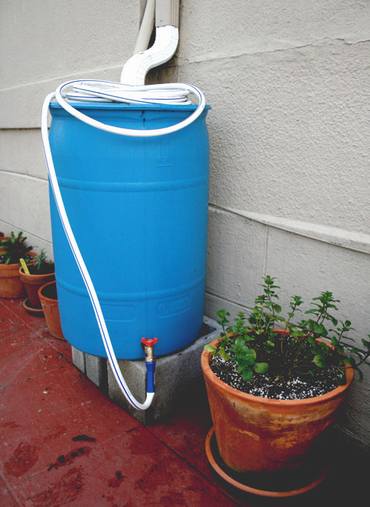On Monday, January 11, 2010, Texas Parks and Wildlife Department’s (TPWD) Water Resources and Coastal Fisheries staff attended a meeting of the Guadalupe-San Antonio Basin and Bay Area Stakeholder Committee. A similar meeting recently took place for the Trinity-San Jacinto Basin and Bay Area Stakeholder Committee, where members heard presentations from their appointed science team about freshwater inflow recommendations for Galveston Bay. Outdoor enthusiast understand the importance of freshwater flows for the health of coastal habitat, widlife, specifically waterfowl, and fish species, and it’s good to see the problems are being addressed.
Three other bay-basin committees are also working on the Nueces, Sabine/Neches, and Colorado/Lavaca systems. All this stems from Senate Bill 3 passed by the Texas Legislature in 2007, which established a comprehensive, statewide process to protect environmental flows. The process relies upon input from local stakeholder groups composed of balanced interests ranging from agricultural water users to commercial anglers–all with a vested interest in water rights. The hoped-for outcome is protected environmental flow regimes to help ensure healthy rivers and estuaries. Continue reading Texas Bays Depend on Freshwater Inflow
